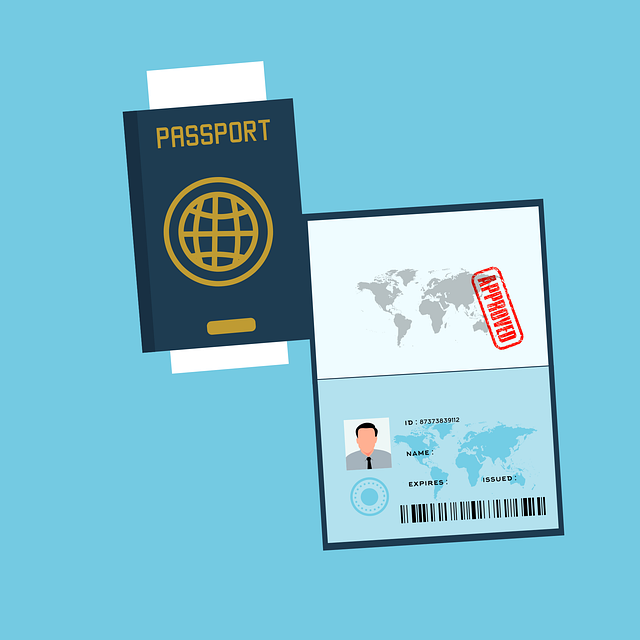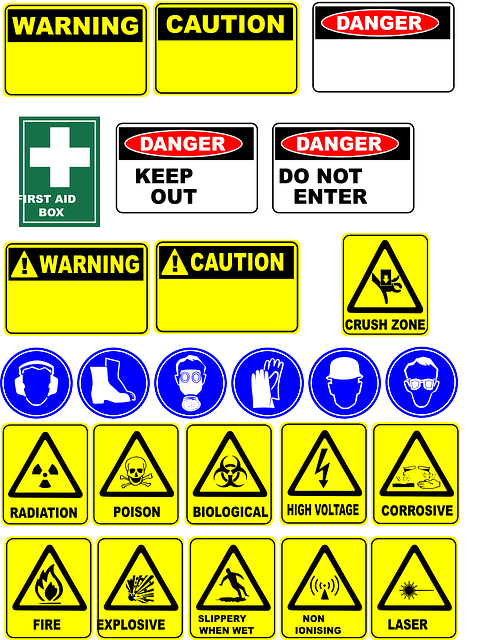Hotels and restaurants prioritize guest safety through background checks on employees while respecting privacy. Screening disciplinary actions is crucial but must be done ethically, adhering to legal regulations. Robust yet fair practices, considering incident context, maintain transparency for secure environments without infringing on employee rights. Effective guest safety verification involves managing disciplinary records responsibly, employing inclusive hiring strategies, and using technology to streamline processes, all while fostering trust and maintaining high operational standards.
In the hospitality industry, ensuring guest safety is paramount. Screening potential workers for past disciplinary actions presents a delicate balance between verifying safety and respecting employee privacy. This article delves into the multifaceted aspects of this process, exploring its impact on worker performance and legal implications. We discuss fair screening practices, effective communication with guests, and how technology streamlines guest safety verification. By understanding these dynamics, industry professionals can navigate this crucial aspect of hospitality management effectively.
- Balancing Guest Safety Verification and Employee Privacy
- The Impact of Past Disciplinary Actions on Hospitality Worker Performance
- Fair Screening Practices: Ensuring Non-Discrimination in Hiring
- Legal Implications of Disciplinary Records in Hospitality Industry
- Effective Communication: Informing Guests About Staff Background Checks
- Technology's Role in Streamlining Guest Safety Verification Processes
Balancing Guest Safety Verification and Employee Privacy

In the pursuit of maintaining exceptional guest experiences, hospitality businesses often grapple with a delicate balance: ensuring guest safety through thorough background checks while respecting employee privacy. The process of verifying guest safety, particularly screening for past disciplinary actions, is crucial in mitigating risks and fostering a secure environment. However, it must be conducted ethically, adhering to legal boundaries and privacy regulations.
Hoteliers and restaurateurs must implement robust yet fair practices that consider the context and severity of disciplinary incidents. Protecting private information is paramount, necessitating transparent policies and procedures. By striking this balance, hospitality companies can create a safe haven for guests while upholding their commitment to employee dignity and rights.
The Impact of Past Disciplinary Actions on Hospitality Worker Performance

Past disciplinary actions among hospitality workers can significantly impact their future performance and overall job stability. A worker’s history of misconduct or violations, whether it involves safety protocols or service quality, serves as a crucial indicator of potential ongoing issues. By screening for these actions, employers in the hospitality industry can proactively ensure guest safety verification and maintain high standards of operation.
Disciplinary records may reveal recurring patterns of behavior that could hinder an employee’s ability to perform their duties effectively. For instance, past instances of negligence or non-compliance with health and safety regulations could suggest a lack of commitment to maintaining a safe environment for both guests and colleagues. Similarly, disciplinary measures for unprofessional conduct might indicate difficulties in interacting with customers and colleagues, which can directly affect the overall guest experience and service quality.
Fair Screening Practices: Ensuring Non-Discrimination in Hiring

Creating a fair and non-discriminatory screening process for hospitality workers is paramount to upholding guest safety verification standards. This involves rigorous background checks while avoiding any biases that could lead to unfair hiring decisions. Employers must ensure their recruitment practices are objective, considering only relevant factors such as past performance, skills, and qualifications.
Implementing inclusive hiring strategies prevents discrimination based on race, gender, age, or other protected characteristics. By focusing on these aspects rather than disciplinary records alone, hospitality businesses can foster a diverse workforce that better reflects the communities they serve. This approach not only enhances guest experiences but also contributes to a more equitable and responsible industry.
Legal Implications of Disciplinary Records in Hospitality Industry

In the hospitality industry, where guest satisfaction is paramount, employing workers with a history of disciplinary actions can pose significant legal and reputational risks. While past misconduct doesn’t necessarily reflect future performance, many countries have strict regulations regarding the handling of employee records, especially when it comes to guest safety verification.
Employers must adhere to data privacy laws and industry-specific guidelines when screening potential staff. Disciplinary records, if not managed responsibly, could lead to legal consequences, including discrimination lawsuits. It’s crucial for hospitality businesses to balance the need for competent workforce with the obligation to protect guests by ensuring that disciplinary actions are proportional, relevant, and in line with legal requirements, thereby fostering a safe environment for both customers and employees.
Effective Communication: Informing Guests About Staff Background Checks

Effective communication is a vital component of ensuring guest safety and satisfaction, especially when it comes to background checks on hospitality staff. It’s essential that guests are informed about the process and the reasons behind it to foster transparency and build trust. Hotels and other accommodation providers should clearly communicate their verification procedures, including how past disciplinary actions might impact current roles, without revealing sensitive personal details.
This open dialogue can be achieved through well-crafted information sheets, website content, or even briefings upon check-in. By providing this guest safety verification information, businesses can assure visitors of their commitment to maintaining a secure environment while also respecting privacy rights by adhering to legal boundaries in sharing employee records.
Technology's Role in Streamlining Guest Safety Verification Processes

Technology has revolutionized the way hospitality businesses manage and streamline guest safety verification processes, making it easier to identify potential risks associated with hiring. With advanced background check software, employers can efficiently screen prospective workers by conducting comprehensive searches that include past disciplinary actions. This digital approach ensures a more thorough evaluation, allowing managers to make informed decisions to protect guests and maintain high-quality service standards.
Online platforms offer real-time data access, enabling quick verification of employment history, criminal records, and any relevant disciplinary incidents. By integrating these tools into their recruitment strategies, hospitality organizations can mitigate legal risks and create safer environments for both employees and visitors. This technology facilitates a more structured and efficient guest safety verification process, ultimately contributing to improved operational resilience.






